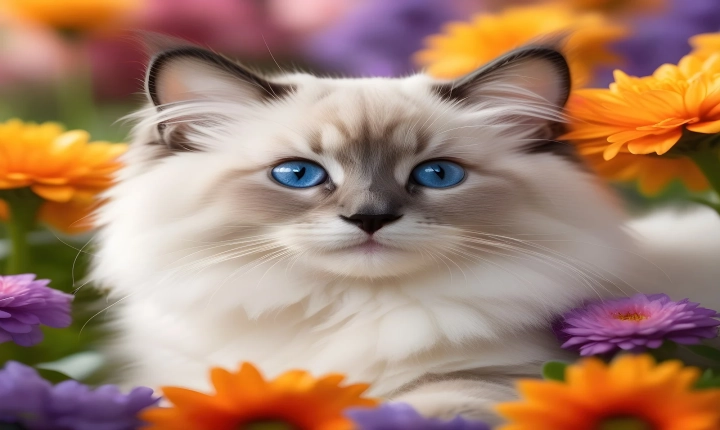“Can You Sell AI Photos? Exploring the Future of Digital Art”
In recent years, the rise of artificial intelligence (AI) has opened up new possibilities in the realm of digital art. AI has the ability to generate incredibly realistic and high-quality images, leading to a debate about the commercial potential of AI-generated photos. Can you sell AI photos, and if so, what are the implications for the art world and intellectual property rights?
AI-generated photos, also known as “deepfake” images, are created by machine learning algorithms that analyze and replicate patterns and features found in real photographs. These images can range from incredibly lifelike portraits to surreal and abstract compositions. The technology has advanced to a point where it is increasingly difficult to discern AI-generated images from those captured by traditional means.
One of the main arguments for the ability to sell AI photos is based on the artistic merit of the images. Advocates of AI in the art world argue that the process of training and utilizing AI to create images involves a level of creativity and artistic input. The algorithms used in the creation of AI photos are often trained on large data sets of existing images, which then inform the generation of new, original content. This process mirrors the way human artists are influenced by and interpret the world around them, leading some to argue that AI-generated images should be eligible for copyright protection and sale.
However, the concept of selling AI photos raises complex legal and ethical questions. The issue of intellectual property rights is at the forefront of this debate. Currently, copyright law in many jurisdictions is based on the idea of authorship by a human creator. This poses challenges when it comes to determining the legal ownership of AI-generated images. If an AI algorithm creates an image, who owns the copyright? Is it the creator of the algorithm, the individual who trained and utilized the AI, or the AI itself?
Furthermore, there are concerns about the potential misuse of AI-generated images for deceptive or malicious purposes. The technology behind deepfake images has already been used to create false representations of individuals, leading to concerns about identity theft, fake news, and other forms of exploitation.
In light of these challenges, the art world and legal community are beginning to grapple with the implications of AI-generated images and the potential for commercialization. Some have suggested the establishment of new legal frameworks that specifically address the creation and sale of AI-generated art, while others have called for a reevaluation of existing copyright laws to accommodate these new forms of artistic expression.
Despite these complexities and uncertainties, it is clear that AI has the potential to significantly impact the future of digital art. As the technology continues to develop and its capabilities expand, new opportunities and challenges will arise for artists, creators, and the broader art market.
In conclusion, the question of whether you can sell AI photos is a complex one with far-reaching implications. The rise of AI in the art world presents exciting possibilities for creativity and innovation, but also raises important legal and ethical considerations. As we navigate this new frontier, it is vital to engage in thoughtful dialogue and collaboration to ensure that AI art can be responsibly and ethically integrated into the commercial and artistic landscape.
